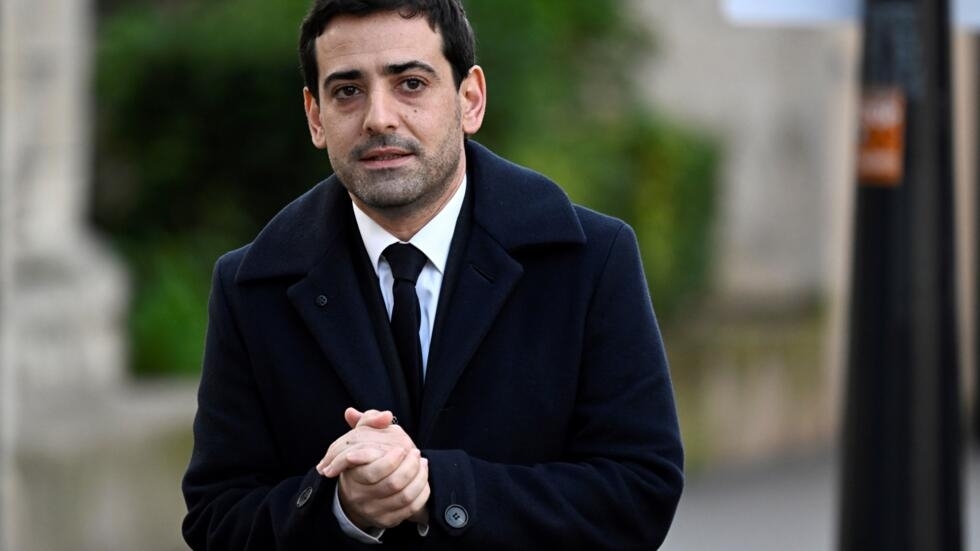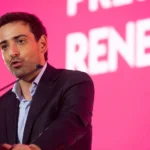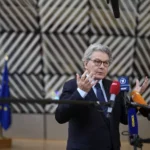French President Emmanuel Macron appointed Stéphane Séjourné as Minister of Europe and Foreign Affairs this Thursday, January 11, 2024, replacing Catherine Colonna. This choice arouses controversy at a time when the new head of French diplomacy is seen as one of the instigators of the European Parliament’s resolution against Morocco.
Stéphane Séjourné, 38, is close to Emmanuel Macron, for whom he was political advisor at the Élysée and then campaign director for the 2019 European elections. Elected MEP, he chaired the Renew Europe group, which brings together liberals and centrists in the European Parliament.
It is for this reason that he made himself known in Morocco, in 2021, by being at the origin of a resolution of the European Parliament which called for respect for “freedom of expression and denounces the fate of journalists imprisoned.” This text, adopted by a large majority, provoked the anger of Rabat, which suspended its relations with the European Union.
Stéphane Séjourné also displayed an unprecedented Algerian tropism in the European Parliament, by removing from the agenda, in 2022, a draft resolution denouncing attacks on press freedom in Algeria, a country which has been going through a serious political and social crisis since the popular Hirak movement. This initiative was strongly criticized by human rights defenders and Algerian journalists, who denounced guilty complacency towards the authoritarian regime in Algiers.
The same political group, Renew Europe, was also behind the resolution on Morocco, which fueled suspicions of a desire to harm the interests of the kingdom and historic ally of France. Some observers have even mentioned French interference in the internal affairs of the Maghreb, in defiance of the principle of non-interference.
The appointment of Stéphane Séjourné to the Quai d’Orsay therefore risks further complicating relations between France and the Maghreb, already strained by issues of migration, terrorism, trade and cooperation. The new Minister of Foreign Affairs will have to forget his Algerian inclination and demonstrate diplomacy and pragmatism to renew dialogue and trust with his Maghrebi counterparts, and avoid a major crisis in this strategic region for France.
This article is originally published on maroc-diplomatique.net








